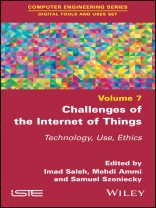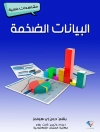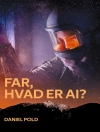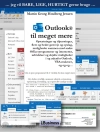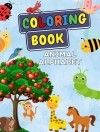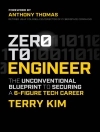This book will examine the issues of Io T according to three complementary axes: technique, use, ethics. The techniques used to produce artefacts (physical objects, infrastructures), programs (algorithms, software) and data (Big data, linked data, metadata, ontologies) are the subject of many innovations as the field of Io T is rich and stimulating. Along with this technological boom, Io T uses colonize new fields of application in the fields of transport, administration, housing, maintenance, health, sports, well-being. … Privileged interface with digital ecosystems now at the heart of social exchanges, the Io T develops a power to act whose consequences both good and bad make it difficult to assess a fair business.
Table of Content
The challenges and challenges of the Internet of the Object
Mobile phone and mobile health: an information-communication approach of the body as a connected object
In-depth learning of raw data from human activity
Multi-Standard Receiver for Medical Io T Sensor Networks
Study and development of a smart glass for home activity monitoring of stroke patients
Platform for rapid prototyping of connected objects with the Wi No family
New robust protocol for communications in Io V
Ambient Atoms: a device for the ambient visualization of information
Interconnected virtual space and Theater; A creative search on the theatrical play space in the internet
Ethical Modeling of the Internet of Things
About the author
Imad Saleh, Paris 8 University, France.
Mehdi Ammi, Paris 8 University, France.
Samuel Szoniecky, Associate Professors at Laboratoire Paragraphe, Université Paris 8, France.
